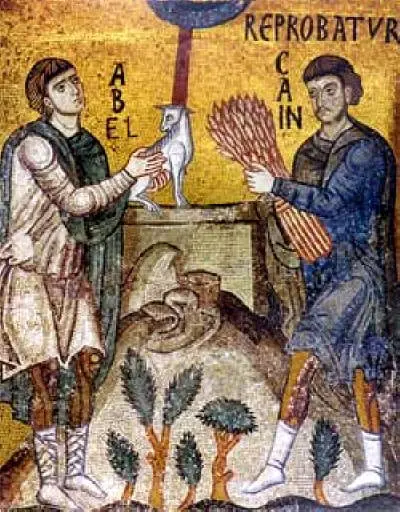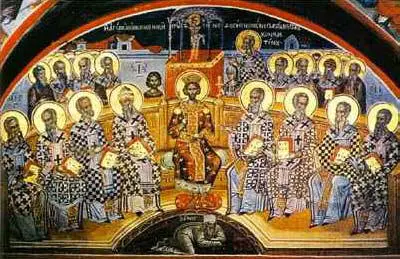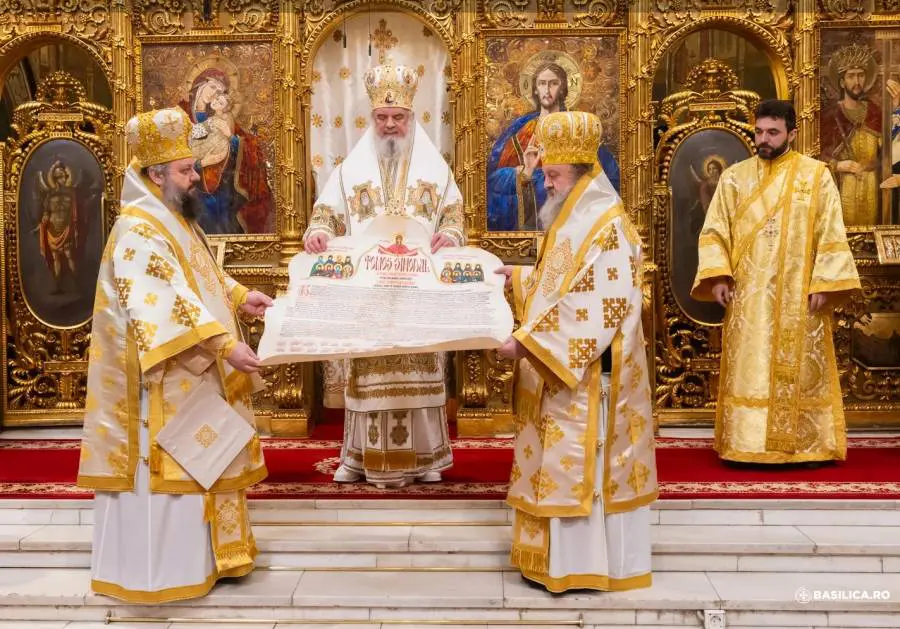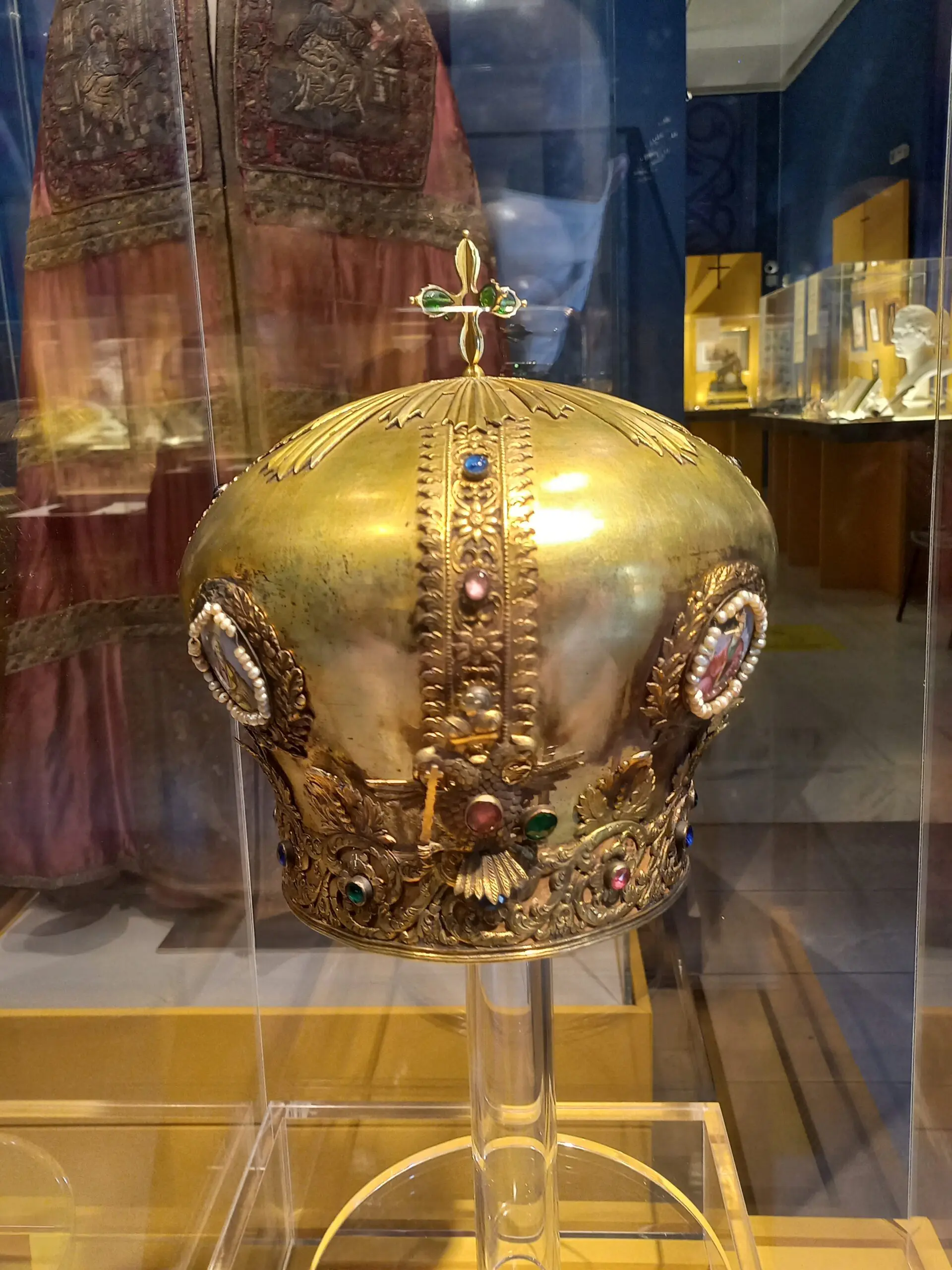“In front of the uncovered relics of St. Theodosius of Chernigov (1896), the priest who was dressing the relics, tired, dozed off and saw the saint in front of him, who said to him: “Thank you for working hard for me. I am still begging you when you serve liturgy, pray for my parents”. And he called their names – Nikita the priest and Maria. “Why do you ask me for this, saint, do you want a prayer from me, when you yourself stand before the Throne of Heaven and give the mercy of God to people?” – asked the priest “Yes, it is true, but the liturgical offering is stronger than my prayer,” St. Theodosius replied.
Memorial services, home prayers, and good deeds in their memory, such as almsgiving, donations to the Church, are extremely useful for the dead, but the mention of the Divine Liturgy is especially useful. There are many testimonies and events confirming this usefulness. Many who died with repentance, but failed to manifest it during their lifetime, were freed from torment and received repose. The church always offers prayers for the repose of the dead, even on the day of St. A spirit with kneeling prayers, at vespers there is also a special prayer for those “held in hell”. Each of us who wants to show our love for the dead and give them real help can do it by praying for them, especially with reference to the Holy Liturgy, when particles for the dead and the living are dropped into the Chalice of the Blood of the Lord with the words: “Wash away, Lord, the sins of those mentioned here, where Your Blood is, through the prayers of Your saints.” There is nothing better and greater we can do for them than to give them their names to be mentioned at the liturgy. They always need it, but especially during those 40 days when the soul of the deceased passes on the way to the eternal abodes. Then the body feels nothing, does not see the gathered loved ones, does not smell the fragrance of the flowers, does not hear the eulogies. But the soul feels the prayers offered to it, is grateful to their offerers and feels spiritually close to them.
Relatives and friends of the deceased! Do for them whatever is necessary and according to your power. Do not spend money on external decorations of graves and tombs, but on helping the needy, in memory of the relatives of the deceased, on the church where prayers are offered for them. Show mercy to the deceased, take care of his soul. We all have this path ahead of us – how then can we want to be mentioned in prayer! Let us be merciful to the dead. As soon as someone dies, call a priest to read him “Succession at the exit of the soul”, which should be read to every Orthodox immediately after his death. Try to have the funeral service in the church itself, and until then read the Psalter to him. The funeral may not be performed sumptuously, but solemnly in its full part, without abbreviations; think not of your own comforts, but of the deceased, to whom you are forever saying goodbye. If at that time there are several deceased in the church, do not refuse to sing them together. It will be better if there are two or three deceased, so that the prayer of all the relatives together will be even more fervent than if they are chanted separately, tired and shortening the service. Every prayer will be like another drop of water for the thirsty. See to it that Lent is performed for the dead. In churches where daily services are held, the dead are commemorated during these 40 days and even more. If the deceased is buried in a church where there is no daily service, then the relatives should take care to find one and order a Pentecost service there.
Also, it is good that their names be given for reading in the monasteries of Jerusalem or in other holy places. But the important thing is that the Lent should be ordered immediately after the death, when the soul is especially in need of prayer help.
Let us take care of those who go to the other world before us, let us do all we can for them, remembering that “Blessed are the merciful, for they shall be shown mercy.”







